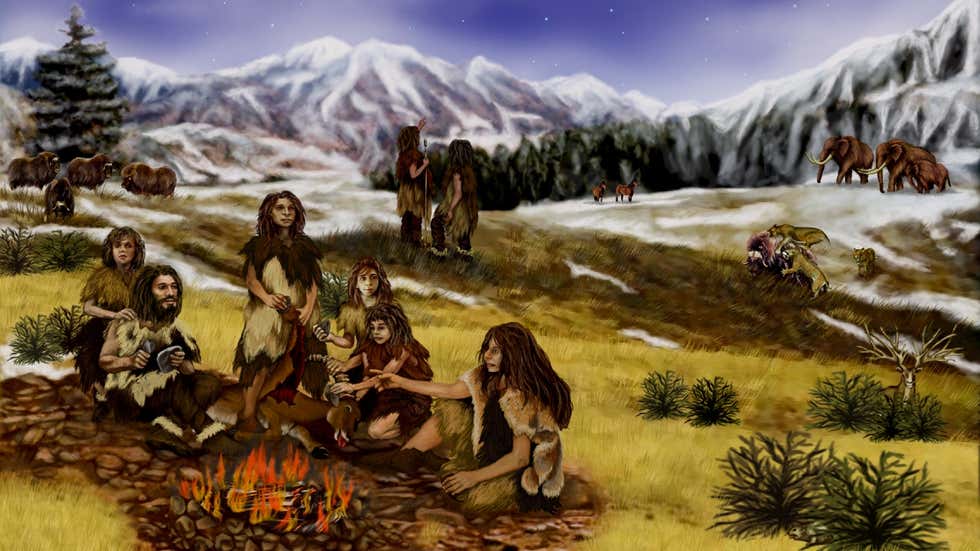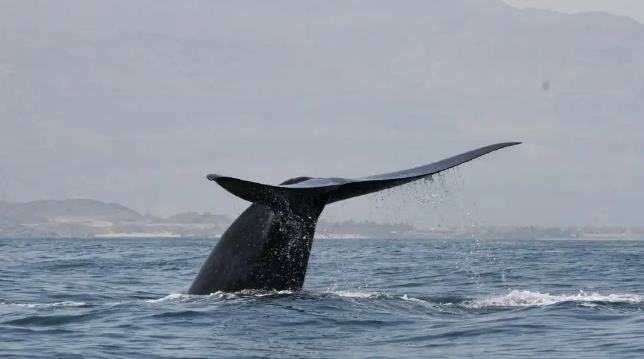
One-Third of Global #FreshwaterFishes at Risk of Extinction; 16 Species Go Extinct in 2020
weather.com/en-IN/india/en…
(📸: Beta Mahatvaraj)
By @MrigDixit
weather.com/en-IN/india/en…
(📸: Beta Mahatvaraj)
By @MrigDixit

Day by day, new research paints a grimmer picture of the state of our fragile ecosystem from deep-sea corals to the animals on land.
The startling number comes from the latest assessment conducted and compiled by 16 global conservation organizations in a report titled ‘The World’s Forgotten Fishes’.
The assessment was led by the World Wildlife Fund For Nature (WWF), and involved organisations like the London Zoological Society (ZSL), Alliance for Freshwater Life, Global Wildlife Conservation and The Nature Conservancy.
Speaking on the risk to the freshwater fishes, Stuart Orr from WWF said: “Nowhere is the world’s nature crisis more acute than in our rivers, lakes and wetlands, and the clearest indicator of the damage we are doing is the rapid decline in freshwater fish populations.
➡️Drastic decline in freshwater fishes
At present, a total of 18,075 freshwater fish species have been identified, which accounts for over half of all the world’s fish species and a quarter of all vertebrate species, states the WWF statement.
At present, a total of 18,075 freshwater fish species have been identified, which accounts for over half of all the world’s fish species and a quarter of all vertebrate species, states the WWF statement.
The report highlights that nearly 16 freshwater fish species went extinct in just one year in 2020. Moreover, the global population of mega fish—weighing more than 60 pounds—has depleted by nearly 94%, while migratory freshwater fish dwindled by 76% ever since 1970.
The International Union for Conservation of Nature (IUCN) also indicates that 30% of freshwater fishes are at risk of extinction. Moreover, the health of the freshwater ecosystem is experiencing a catastrophic decline.
The WWF report adds that the rate of biodiversity loss in freshwater ecosystems was found to be twice that of oceans and forests.
➡️Threats to fish species in India and around the globe
A recent study published in the journal Science examined more than 2,500 rivers of the world and showed that human activity has significantly endangered 23% of the total freshwater fish species.
A recent study published in the journal Science examined more than 2,500 rivers of the world and showed that human activity has significantly endangered 23% of the total freshwater fish species.
The report adds that in India too, freshwater fishes are on the verge driven by a combination of threats. For example, the hilsa fishes in the Ganges upstream of Farakka—a town in West Bengal—plummeted from a yield of 19 tonnes...
...to just 1 tonne per year due to the construction of the Farakka barrage in the 1970s. Hilsa fishes are known to be one of the most widely distributed fishes in the Bay of Bengal region, usually harvested in the freshwater streams of Bangladesh, India and Myanmar.
➡️Time to bring back fishes
Fisheries provide food for nearly 200 million people and are a source of livelihood to 60 million people, including vulnerable and indigenous communities from various parts of the globe.
Fisheries provide food for nearly 200 million people and are a source of livelihood to 60 million people, including vulnerable and indigenous communities from various parts of the globe.
The report highlights that freshwater fishes across the globe are highly neglected and ‘undervalued’, thus making them more prone to extinction. The collaborative work of reputed environmental organizations has urged to build an emergency recovery plan to help these fishes to...
...thrive again in their natural habitat. The assessment also urges governments and people to protect and restore the river flows, water quality and critical habitats, while keeping a strict tap on unsustainable fishing practices.
• • •
Missing some Tweet in this thread? You can try to
force a refresh











